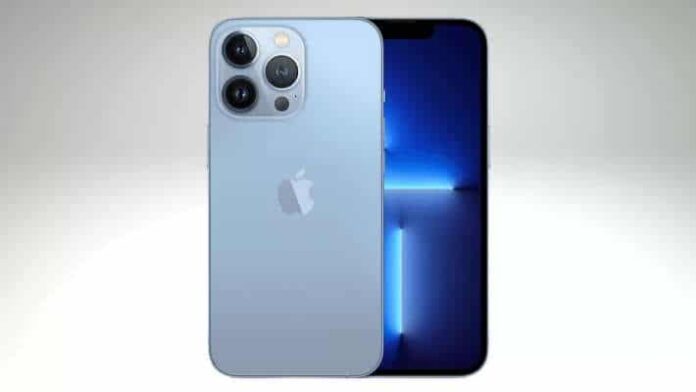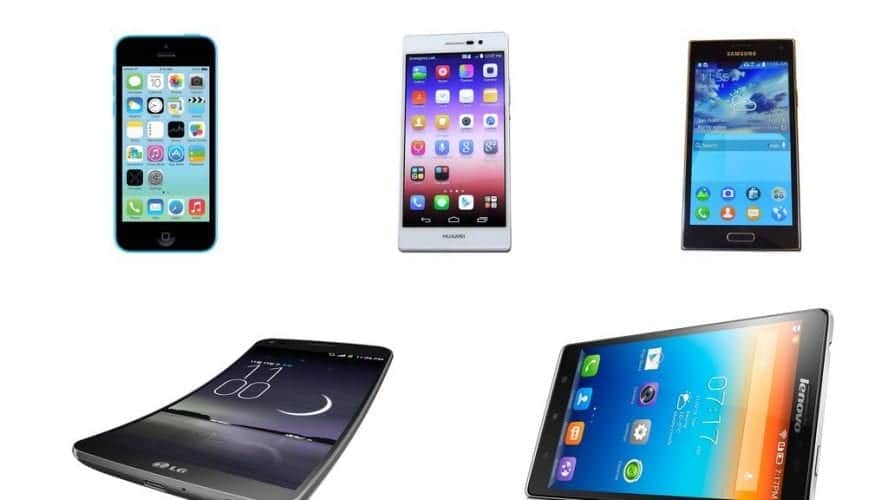Apple has officially released four new flagship phones in 2021 in the iPhone 13, iPhone 13 mini, iPhone 13 Pro, and iPhone 13 Pro Max. The four phones are indeed driven by the same A15 chipset, but what you need to know is that there are differences in the GPU embedded in these phones, which of course makes the performance between phones different.
The iPhone 13 and iPhone 13 mini use a 4-core GPU, while the iPhone 13 Pro and 13 Pro Max use the same 5-core GPU as the new iPad mini. To find out the advantages, the A15 chip that uses a 5-core GPU has been tested on the popular benchmark platform Geekbench.
From this test, a score of 14216 was obtained, which is about 55 higher than the score obtained by the iPhone 12 Pro, which is 9123. This fact clearly shows a significant increase in GPU performance on the iPhone 13 Pro and iPhone 13 Pro Max when compared to the performance of their predecessors.
Apple itself calls the 5-core GPU version of the A15 chipset the world’s fastest mobile chip and claims that the chipset is capable of delivering a 50% faster graphics performance boost than other mobile chips.
In terms of design, the iPhone 13 Pro model doesn’t feature the punch hole camera cut that is rumored to be coming to the iPhone 14, it does feature a smaller punch.
According to Apple, the punch on the iPhone 13 model is 20 percent smaller than its predecessor. The phone also gets Ceramic Shield protection on the front and a stainless steel frame.
Another comparison of iPhone 13 pro vs iPhone 12 Pro is in weight, where the latest series is slightly heavier than the predecessor model. If the iPhone 12 Pro weighs 6.66 ounces (189 grams) and 8.03 ounces (228 grams) for the 12 Pro Max, the new iPhone 13 Pro weighs 7.19 ounces (204 grams) and the 13 Pro Max weighs 8.46 ounces (240 grams). ).
The iPhone 13 Pro and Pro Max have the same 6.1-inch and 6.7-inch screen sizes, respectively. However, what is different here is the presence of ProMotion technology, which is Apple’s designation for adaptive refresh rate.
The Super Retina XDR display on the iPhone 13 Pro lineup offers a refresh rate of up to 120Hz. With this new iPhone, Apple has officially entered the class of smartphones with high refresh rate displays. It’s also worth mentioning that the Pro lineup offers a peak brightness of 1200 nits, up from 800 nits on the iPhone 12 Pro series.
From the optical side, the iPhone 13 Pro uses a 12MP triple camera system with an f/1.5 wide-angle camera, an f/2.8 telephoto lens, and an ultra-wide lens with an f/1.8 aperture. This is an improvement over the 12 Pro’s f/1.6 wide, f/2.8 telephoto, and f/2.4 ultra-wide sensors.
Apple says the larger aperture will help the iPhone 13 Pro models shoot better images in low-light conditions.
The optical zoom range on the iPhone 13 Pro series is 6x, namely 3x optical zoom in, 2x optical zoom out, and up to 15x digital zoom. As a reminder, the iPhone 12 Pro offers a 4x optical zoom range (2x optical zoom in, 2x optical zoom out) and up to 10x digital zoom. Last year’s iPhone 12 Pro Max was capable of 5x optical zoom (2.5x optical zoom in, 2x optical zoom out) and up to 12x digital zoom.




